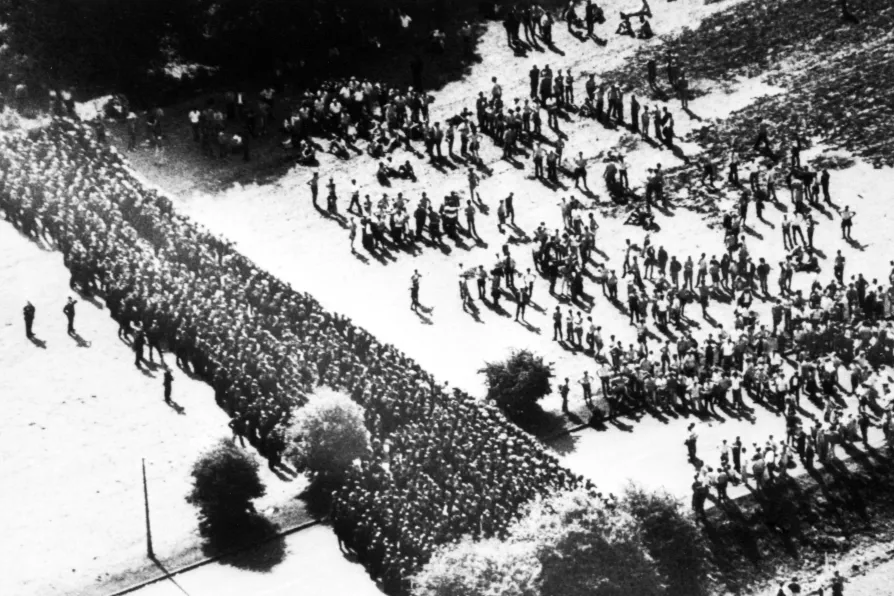The language of humiliation is a step towards a second civil war, argues RAMZY BAROUD
Orgreave: when miners faced the full weight of the state
Thatcher’s administration said it was an innocent bystander in a dispute between the NUM and the Coal Board — but the truth is that it was involved at the highest level in state repression against ordinary workers, writes IAN LAVERY

 Ranks of police face the picketing line outside Orgreave Coking Plant near Rotherham
Ranks of police face the picketing line outside Orgreave Coking Plant near Rotherham
JUNE 18 1984 is a date that will long live in the memories of coalmining communities.
It was on that day 37 years ago that the full brutality of the state was unleashed on striking miners and in the aftermath used to cover it up.
The battle of Orgreave, as it became known, and the truth and justice campaign it inspired are marked today.
Similar stories

MIKE QUILLE applauds an excellent example of cultural democracy: making artworks which are a relevant, integral part of working-class lives

The Home Secretary’s recent letter suggests the Labour government may finally deliver on its nine-year manifesto commitment, writes KATE FLANNERY, but we must move quickly: as recently as 2024 Northumbria police destroyed miners’ strike documents

In the third extract from her new memoir, former NUM headquarters staffer HILARY CAVE recounts how women throughout the striking coalfields showed their mettle when the going got tough










